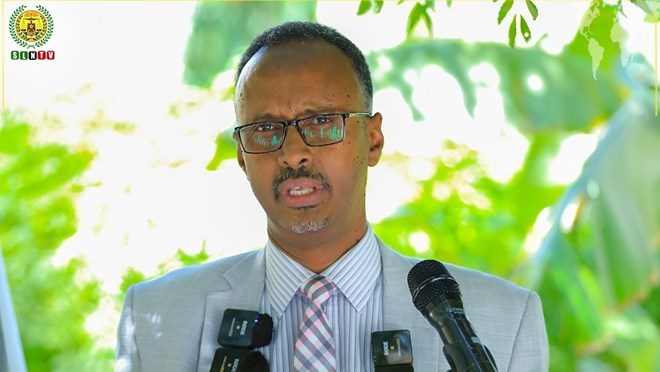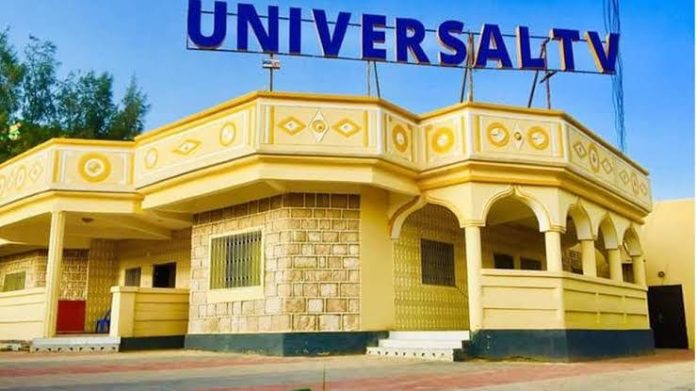Facebook Twitter (X) Instagram Somali Magazine - People's Magazine
Somaliland authorities have officially revoked Universal TV’s broadcasting license, citing violations of the self-declared republic’s sovereignty. This decision, effective February 12, 2025, reflects increasing restrictions on media freedom in the region as the government seeks to control narratives surrounding its political affairs.
The Ministry of Information, Culture, and National Guidance issued a statement confirming the ban, stating that Universal TV was prohibited from operating within Somaliland’s borders. Additionally, the directive extends to local broadcasters, barring them from collaborating with Universal TV. This decision affects networks such as Astaan TV, True Cable TV, and Hornsat, further tightening the government’s grip on independent reporting.

Authorities have also taken measures to discourage financial support for the station. Businesses registered in Somaliland have been instructed to cease advertising on Universal TV, with officials warning of legal consequences for any entity that fails to comply. The ministry emphasized that this policy aims to reinforce Somaliland’s sovereignty and prevent external influences from undermining national interests.
Universal TV has operated in the region since receiving its license in October 2010. However, Somaliland’s government has accused the station of violating agreements by broadcasting content deemed hostile to the republic’s sovereignty. A final warning was issued on June 27, 2020, urging Universal TV to align its operations with Somaliland’s media regulations. Officials claim the broadcaster continued to defy these guidelines, ultimately leading to the revocation of its license.
This latest move highlights the government’s ongoing efforts to regulate press freedoms and control independent reporting. Somaliland, which declared independence from Somalia in 1991 but remains internationally unrecognized, has a history of implementing strict media regulations. Previous actions against journalists and news outlets critical of government policies have raised concerns among media watchdogs, who warn that press freedoms in Somaliland are rapidly diminishing.
Ahmed-Yasiin Sh. Ali Ayaanle, Somaliland’s Minister of Information, defended the ban, stating that the government would not tolerate any entity that undermines its sovereignty. He emphasized that all media operating in Somaliland must adhere to legal frameworks that respect the region’s national identity. Law enforcement agencies and media regulators have been tasked with ensuring full compliance with the ban, reinforcing the government’s firm stance against what it perceives as violations of its sovereignty.
The revocation of Universal TV’s license sends a strong message to journalists and broadcasters operating in Somaliland, signaling that authorities are determined to enforce tighter restrictions on the media. This crackdown on independent reporting has drawn criticism from press freedom advocates, who argue that the government’s actions stifle journalistic integrity and limit the public’s access to diverse viewpoints.
As of now, Universal TV has not issued an official statement in response to the ban. However, with mounting legal and financial constraints, the station’s future in Somaliland remains uncertain. The government’s latest actions reflect a broader pattern of media censorship, raising serious concerns about the shrinking space for independent journalism in the region.

